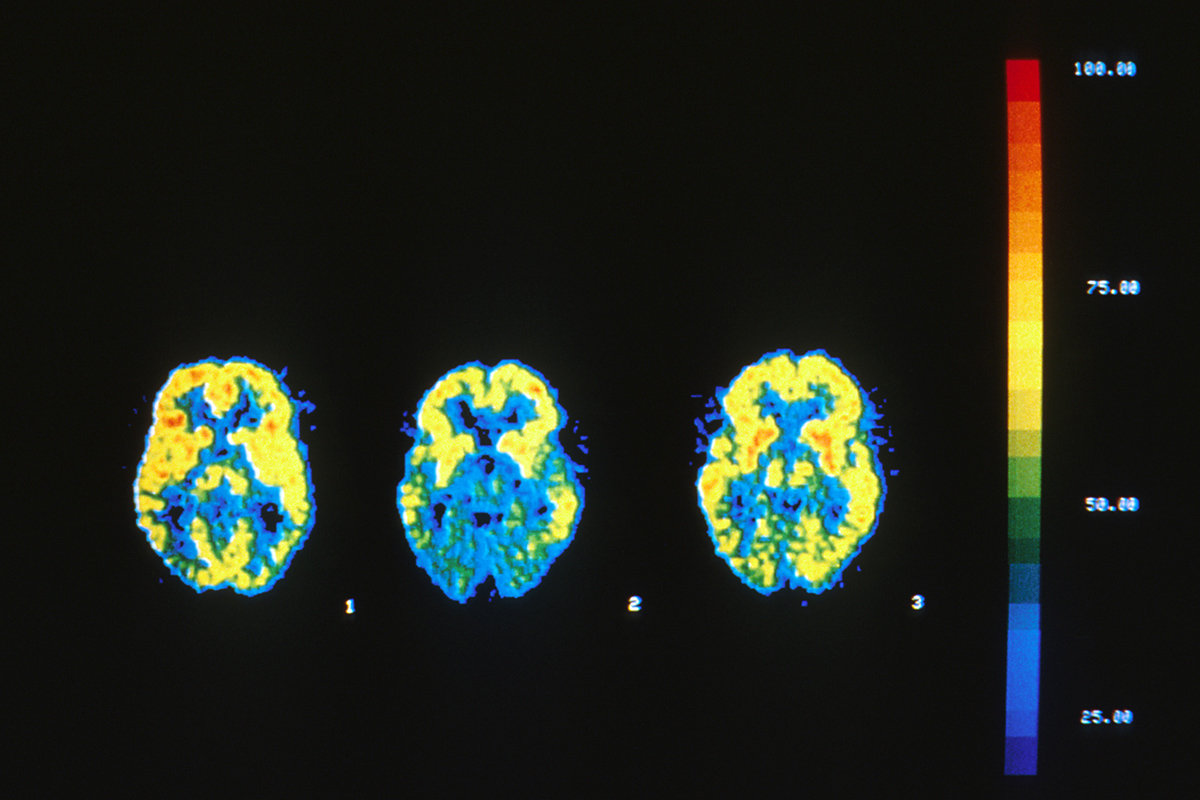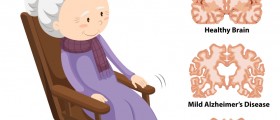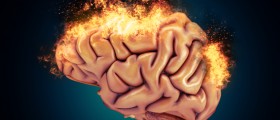
Dementia is a severe loss of cognitive ability in previously unimpaired person. Dementia involves signs and symptoms of radically changed mental capacity that are not expected in the process of normal aging. Dementia can occur at any age but it is most common in elderly population.
Causes of dementia
Dementia may be caused by a traumatic brain injury or a progressive damage to the brain tissue. Any kind o temporary reduction to the brain’s supply of blood and oxygen may do the serious damage to the white matter of the brain, putting a sufferer at higher risk of dementia. Strokes, infections, prolonged epileptic seizures and acute hydrocephalus may also result in a loss of cognitive ability.
Course of the disease
Dementia develops trough three stages: early phase, moderate phase and severe (advanced) phase. It is important to be familiar with the structure of the disease in order to understand the it develops. Distinguishing between different phases of dementia may help the sufferers and their families to prepare themselves for the rising changes.
Stage one – the early stage
Early symptoms of the disease are pretty much alike the normal process of aging. Persons suffering from dementia may start to notice changes in their memory. Other symptoms include: forgetfulness, apathy, confusion, irritability, and mood swings etc.
Family and persons from the surrounding may also notice a slight change but this will probably look like something in the scope of normal memory changes. Dementia usually becomes unnoticed at this phase but the importance of early diagnosis remains a key factor for quality life. It is important to encourage the persons with first signs of dementia to start making memory notes, use written calendars and to-do lists.
Stage two – the moderate stage
Confusion becomes obvious to patients and people around them in this stage. Patients become unable to conceal their memory gaps from others. Even the short-term memory gets affected and patients may often ask repetitive questions, because they do not actually remember asking them and hearing the answer. A patient’s capacity to maintain everyday life is severely affected in this stage. Patients often lose their hygienic habits and may even withdraw from the social life. Sometimes patients may be unable to recognize the family members and may experience visual and hearing hallucinations.
Stage three – the advanced stage
The advanced stage is distinguished by the total loss of the ability to think rationally. Some patients may even be unable to communicate. At this phase patient will need a daily care and the assistance in every single activity: bathing, dressing, feeding… Patients in advanced stage are fully dependent on other’s help. A nursing home that provides special services for people with dementia may be the best solution for them.

















Your thoughts on this
Loading...